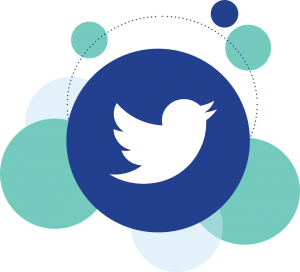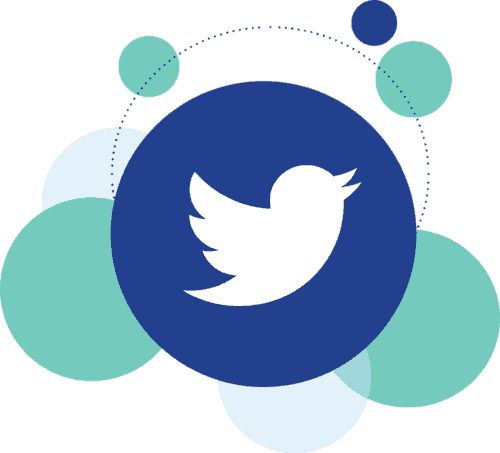Twitter is a Valuable Tool for Today’s Journalists

The Poynter Institute is, according to its website, the world’s leading instructor, innovator, convener and resource for anyone who aspires to engage and inform citizens in 21st Century democracies. They teach those who manage, edit, produce, program, report, write, blog, photograph and design, whether they belong to news organizations or work as independent entrepreneurs. They teach the teachers who are teaching the journalists of tomorrow and the help the general public better understand how stories are produced and how to determine the story’s credibility. Certainly relevant in today’s fake-news world we are now living in.
Scrolling through Facebook, I came across this article from Poynter, ironically enough, about how journalists are using Twitter.
The author conducted a two-year study on the topic. Not surprising, the early days of Twitter made editors very nervous. How would users sort fact from fiction? How could you be sure the photo you were viewing wasn’t somehow altered? Would personal use of Twitter bleed into professional use? Should it? I’d argue we’re still trying to make these determinations.
All those that participated in her study agreed, although reluctantly, that Twitter has a genuine role as a newsgathering function in today’s newsroom. But, it shouldn’t replace good quality research and finding multiple credible sources.
For reporters, Twitter expands their readership to an entire globe that was once limited to geographic circulation boundaries. Twitter has become today’s phone book where a simple “do you know so and so” post can lead to contact information not otherwise available. And your Twitter following goes with you, no matter where you are employed. So whether you are a journalist or a PR pro, there is no doubt the value of the relationship-building power that Twitter can offer.
Twitter and the many other social media channels available to us are important and when used correctly (and with caution) can serve as a very important tool in a journalist’s (and PR pro’s) toolbox.

